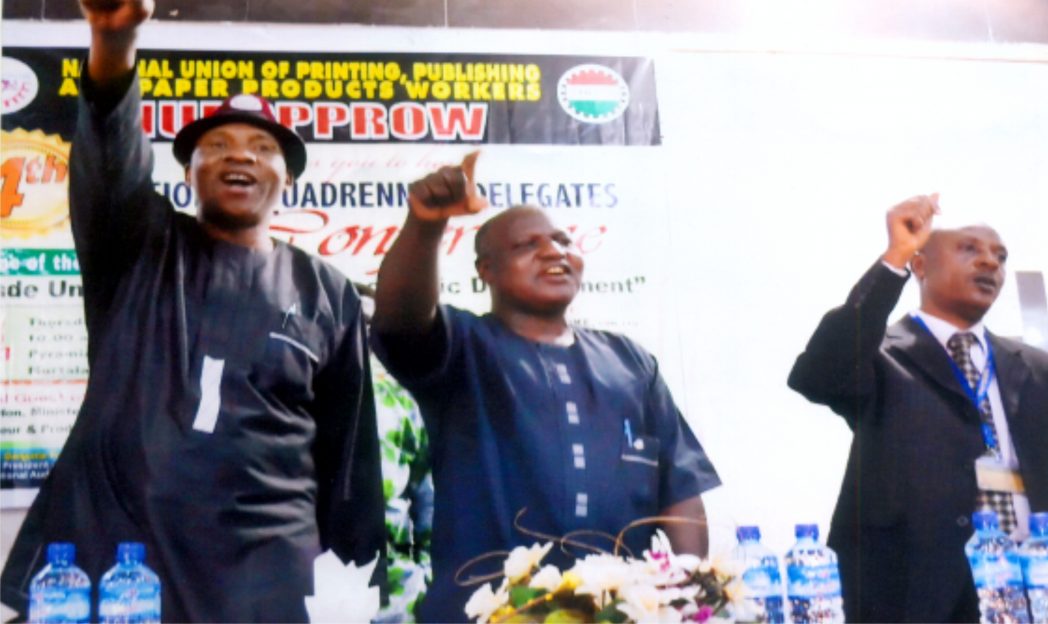Business
Electricity Consumers Seek Scrapping Of N750 Fixed Charge
Some Electricity Consumers in the Federal Capital Territory (FCT) yestersday called for the scrapping of the monthly N750 fixed charge being charged by electricity distribution companies.
The consumers told newsmen that it would amount to exploitation if the companies continued to retain the charge when services were not delivered.
A businessman, Mr Chukwuemeka Echem, who described the charge as mere exploitation of electricity consumers in the country, said it should be abolished.
He said that it was out of place for consumers to pay the monthly fixed charge after paying the monthly bill.
“Why the N750 fixed charge when consumers will have to pay their monthly bills?”
A Kuje Area Council resident, Mr Prince Aduche, said that the regulatory body should stop the payment of fixed charge on electricity until power supply was stable in the country.
According to him, consumers should not be the ones to bear the operational cost of electricity distribution companies.
“Paying a fixed charge on electricity is like ripping one off. It is like stealing from you. We know we are not enjoying stable power supply in Nigeria.
“If the regulatory body knows what it is doing, it should scrap the fixed charge since Nigerians are not enjoying stable power supply,” he said.
A legal practitioner, Mr Mike Isibor, said that the fixed charge should be stopped because electricity consumers were not enjoying stable electricity supply.
According to him, the policy of 15 days of grace for electricity consumers was populist in nature and only meant to assuage consumers.
The 15-day policy of Nigeria Electricity Regulatory Commission (NERC) stipulates that electricity consumers without power supply for 15 consecutive days are not liable to pay the fixed tariff.
Isibor said that his area had not experienced continuous power failure for 15 days to benefit from the policy.
He noted that the 15 days should be reduced to protect consumers’ interest.
A civil servant, Mrs Maria Adelabu, said she was not benefiting from the 15 days policy as the fixed charge was still being reflected on her bill.
“We are not benefitting from it because we still pay even when there is no light for 15 days,” she said.
She noted that the only solution to the problem was to scrap the fixed charge policy.
Another civil servant, Miss Obi Chioma, said that in spite of several complaints to officials of the distribution company, she still paid the monthly fixed charge.
Chioma said that the regulatory body should create more awareness on the policy if it insisted on retaining it.

Flashback: National President, Nigeria Labour Congress (NLC), Comrade Abdulwaheed Omar (middle), with former National President of NUPPPPROW, Comrade Danjuma Papa Kunini (left) and representative of the former Minister of Labour and Productivity, Mr. D. Monyei, during the 14th national quadrennial delegates conference in Calabar, recently. Photo: Nwiueh Donatus Ken
Business
Fidelity Bank To Empower Women With Sustainable Entrepreneurship Skills, HAP2.0
Business
President Tinubu Approves Extension Ban On Raw Shea Nut Export
Business
Crisis Response: EU-project Delivers New Vet. Clinic To Katsina Govt.
-
Maritime5 days ago
Nigeria To Pilot Regional Fishing Vessels Register In Gulf Of Guinea —Oyetola
-

 Sports5 days ago
Sports5 days agoGombe-Gara Rejects Chelle $130,000 monthly salary
-
Maritime5 days ago
Customs Declares War Against Narcotics Baron At Idiroko Border
-

 Sports5 days ago
Sports5 days agoTEAM RIVERS SET TO WIN 4×400 ” MORROW” …Wins Triple jump Silver
-

 Sports5 days ago
Sports5 days agoNPFL Drops To 91st In Global League Rankings
-
Maritime5 days ago
NIMASA,NAF Boost Unmanned Aerial Surveillance For Maritime Security
-

 Sports5 days ago
Sports5 days agoNIGER DELTA GAMES PANACEA TO YOUTH DEV”
-

 Sports5 days ago
Sports5 days agoNPFL Impose Fines On Kwara United Over Fans Misconduct

